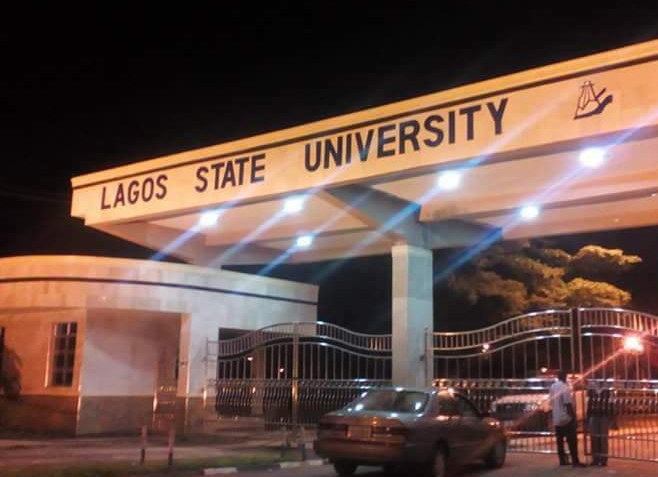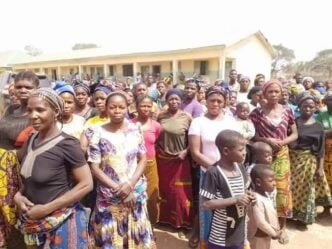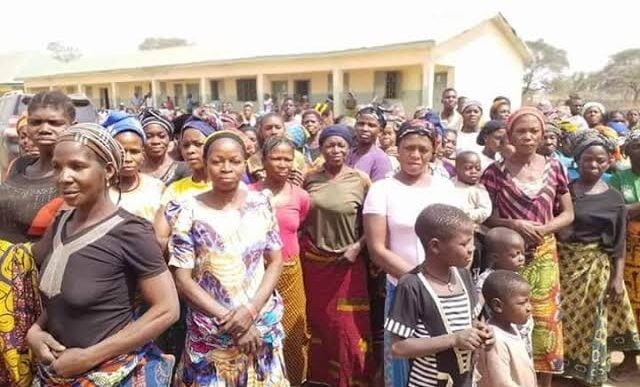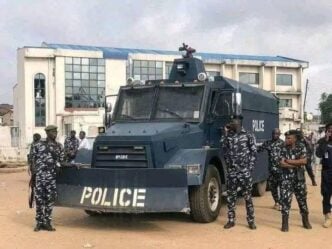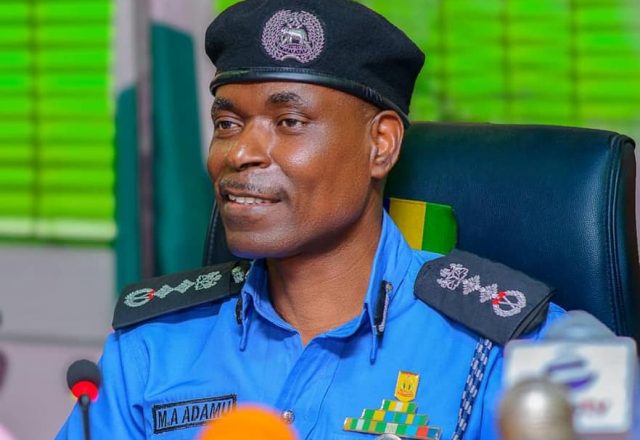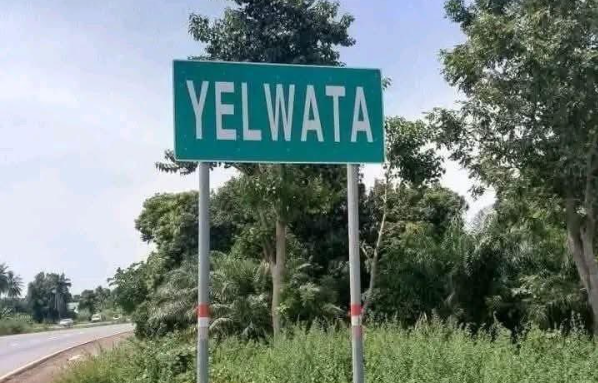BY OLASUNKANMI AROWOLO
In every academic journey, there are those whose influence lingers long after the graduation robes have been folded away and certificates framed. These individuals are not merely teachers; they are mentors — builders of men and women, shapers of destinies, and custodians of generational wisdom. I am fortunate to have been guided by such men. And today, I reflect on what their investment in me represents for the larger academic community.
I met Professor Jimi Kayode in my first year at Lagos State University. I was young, ambitious, and eager to make sense of the newsroom politics I was yet to experience. After one of his News Writing lectures, I approached him and asked a question that, in hindsight, revealed more about my expectations than my understanding of the profession:
“Sir, how can I become a successful journalist?”
Advertisement
His answer was simple, profound, and life-changing: “The only way to learn how to write is to write.”
It was not the elaborate response I anticipated. No textbook references. No secret formula. Just a clear directive to act. It was his advice that shifted my perspective, not only on writing but on life itself. Within a couple of weeks, I landed my first byline on the education page of a national newspaper, Vanguard Nigeria. Within another month, The Nation, Nigerian Tribune, and the defunct Compass Newspaper, among others, published my work. I recall how my father collected every newspaper I was published; he was excited and proud of his son. All from a single statement from Babe Jimi Kay, as we fondly called him.
What began as a casual interaction evolved into a mentorship that defined my university experience. Professor Kayode’s office became my sanctuary — a place where I found both intellectual stimulation and personal comfort. He offered me a platform not just to learn but to belong. It was in those informal conversations, shared meals, and late-afternoon reflections that I gained the confidence to envision a future I had not yet imagined for myself.
Advertisement
But it didn’t stop there.
One day, he declared with the authority of a seasoned mentor: “Iwọ ọmọ yi (you this boy), teacher ni o má ṣe gbẹ hin (you will become a teacher).”
At the time, I laughed it off. My dreams were firmly rooted in the world of journalism practice. Yet, his words stayed with me, and today, as a doctoral candidate and educator, I am living that prophecy.
This, for me, is the beauty and burden of mentorship. It often involves seeing what the mentee cannot yet see, believing in possibilities still hidden from their own gaze. It takes a discerning teacher to nurture not only a student’s skills but their identity.
Advertisement
My journey would later be shaped by two other monumental figures: the late Professor Lai Oso, whose compassion and wisdom carried me through crucial phases of academic growth, and Professor Rotimi Olatunji, my former dean, whose steadfast belief in my abilities has ensured my visibility on both local and global platforms.
Professor Olatunji recently sent me a screenshot of a post Professor Kayode had shared. In the caption, he quipped: “The graduated candidate is now a global scholar. Why we are still local.”
Though said in jest, the comment carried a deeper truth — these men may not seek international recognition, yet their influence is unmistakably global through the students they have moulded and the intellectual legacies they’ve built.
Mentorship, especially within the African academic context, is often undervalued. We celebrate degrees and appointments but overlook the silent labour of those who patiently invest in young minds, shape character, and unlock futures. I am living proof that behind every scholar, there are often unsung mentors who bet on potential before the world takes notice.
Advertisement
In an era obsessed with instant success, mentorship remains one of the most powerful tools for sustainable human capital development. It demands patience, humility, and a long view of growth. As universities grapple with dwindling resources and increasing academic pressure, it is imperative that we reaffirm the place of mentorship in institutional culture.
To Professor Jimi Kayode, whose well-deserved retirement comes up in August 2025; to Professor Rotimi Olatunji, whose wealth of wisdom remains a steady guide; and to the memory of the late Professor Lai Oso — I say thank you. Your investment in me is a debt I honour daily: in every lecture delivered, every student mentored, and every research paper written. Your legacies live on, not merely in your personal accomplishments, but in the countless lives you have nurtured, shaped, and transformed.
Advertisement
Olasunkanmi Arowolo is a PhD (Journalism) candidate at the Centre for Journalism, University of Kent, England, and an assistant lecturer at the Faculty of Communications and Media Studies, Lagos State University, Nigeria. He can be contacted at [email protected] or on X/Twitter @olaarowolo.
Advertisement
Views expressed by contributors are strictly personal and not of TheCable.
